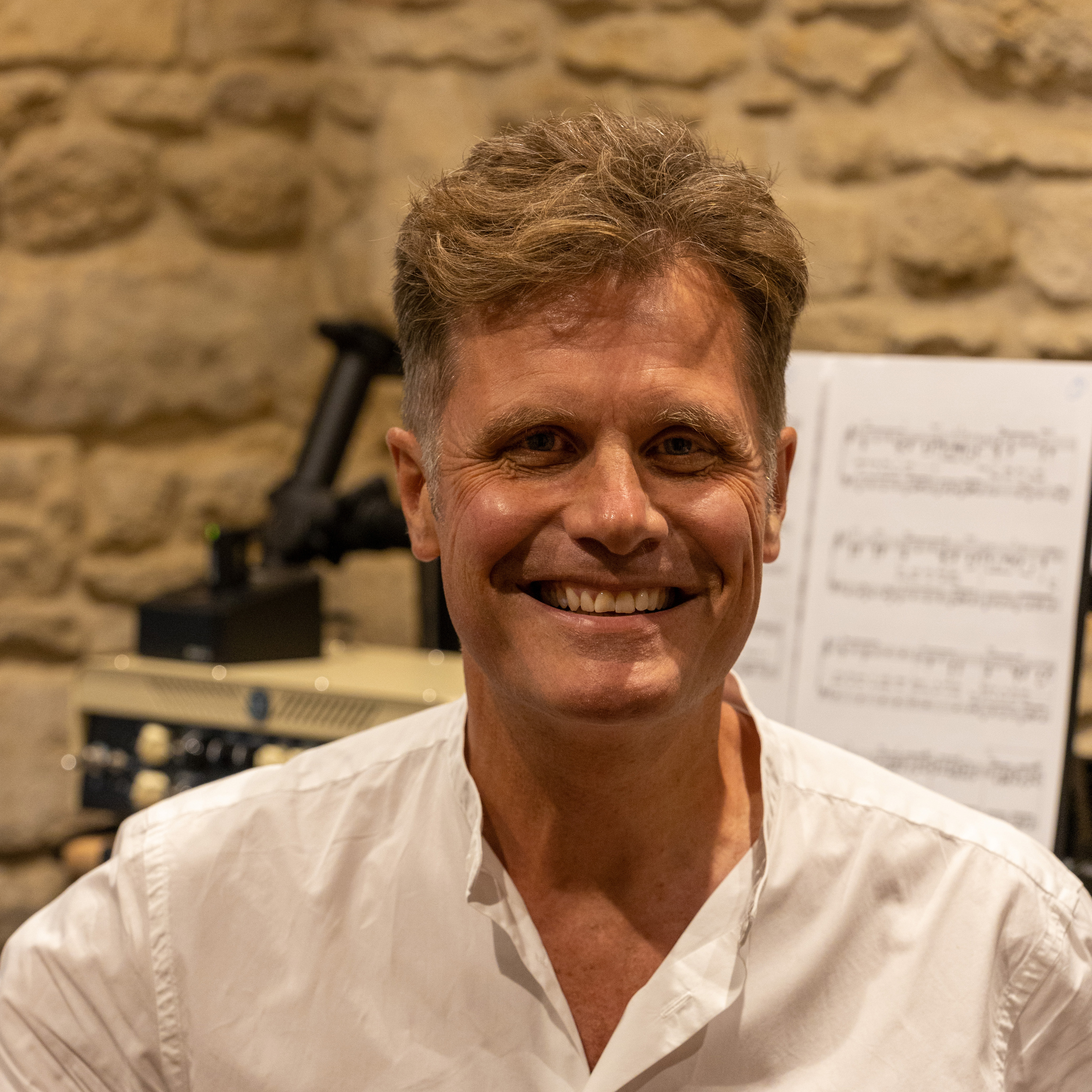10 mistakes every beginner keyboard player makes
There are many pitfalls waiting to stymie the beginner keyboard player – here’s our guide to the mistakes every novice should avoid
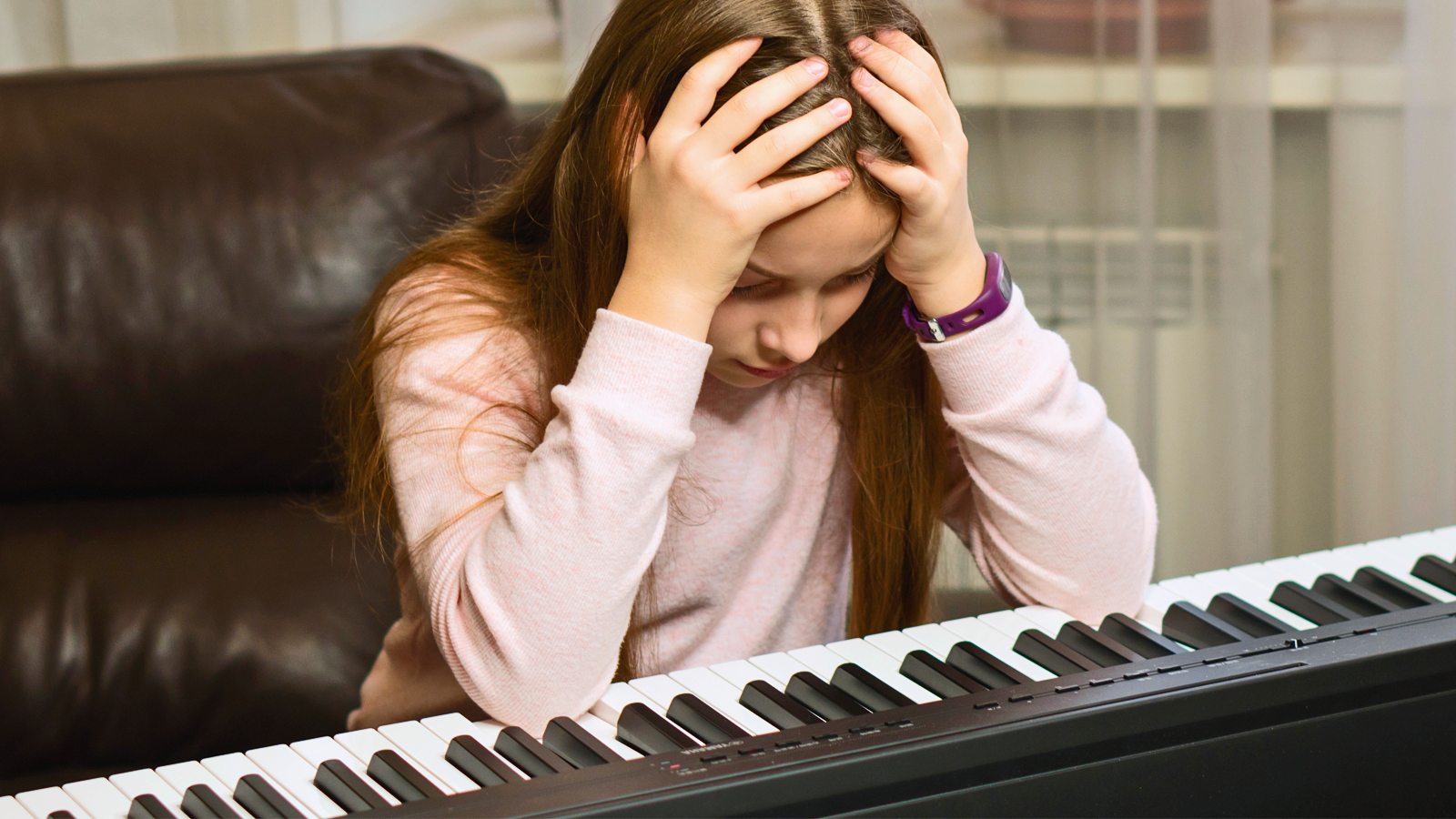
One of the joys of learning to play a keyboard of any type, be that piano, synth, organ and so on, is that there are bound to be some misadventures along the way. The learning process is inextricably associated with first making errors and then making good. It’s part and parcel of how we master skills, and it’s a massive part of the creative process. After all, some of the most ground-breaking and influential pieces of music ever written were born from mistakes that prompted a successful change in creative direction.
There are, however, mistakes that none of us should ever have to make. Some are blindingly obvious, yet they catch us again and again. Focussing more on gear acquisition than practice won’t make you a better player, yet I fall for this one time after time. Some common mistakes are unmistakably easy to pinpoint but difficult to see beyond, which, at best, can result in a frustrating stumbling block and, at worst, an enduring hiatus in progress.
Thankfully, there’s almost always a simple fix that will get you back on track even if, at the time, progress appears impossible. Trust me, every frustrating experience will be more than outweighed by the sense of elation you’ll gain through achievement. Learning a keyboard instrument is an emotional rollercoaster but I guarantee you’ll enjoy the ride!
To help you on your keyboard journey, here is our list of the top ten mistakes that beginner keyboard players make, together with our tips for resolving or avoiding them altogether.

1. Not starting earlier
The two most common responses I receive from people when they discover I play the keyboard is: ‘Can you play the beginning bit to Bohemian Rhapsody?’ and ‘I wish I could play the keyboard’. When I tell them that yes, anyone can learn to play the keyboard, I usually get a litany of excuses that include not having enough time, not having room for a large digital piano in their house and, rather tragically, lack of talent.
If you’re reading this because you’d rather like to learn how to play a keyboard instrument but haven’t yet been brave enough to take the leap, then my advice is to dive in headfirst. Yes, you can make time. Yes, keyboards are now compact enough to fit within any household. Yes, without a doubt, you have enough talent, probably more than enough. Don’t be that person who never fulfils their ambition to play.
If the performance element of playing frightens you, don’t worry. It’s possible to learn without anyone else hearing your practice attempts by using an online tuition app and a pair of studio headphones.
Get the MusicRadar Newsletter
Want all the hottest music and gear news, reviews, deals, features and more, direct to your inbox? Sign up here.
2. Believing it’s too late to learn
To paraphrase an old adage: ‘the best time to learn to play the keyboard was a decade ago, the very next best time is now’. There’s a lot of truth in this because you’re never too old to start learning the keyboard. Sure, starting a little earlier would have given you more time to enjoy the pleasures that playing brings, but you haven’t missed the boat yet.
Learning to master the keyboard takes a lifetime, yet learning to play for pleasure is just weeks away. I’d wager that the keyboard is one of the most accessible instruments for beginners to both start and advance on. It’s far less challenging to get a note out of a keyboard than a guitar, an instrument that takes more finger strength and dexterity. Similarly, many guitarists plateau after learning to strum a few chords, whereas keyboard players tend to keep progressing.
There’s a stack of research out there that demonstrates that playing the keyboard in later life is astonishingly good for you. For example, according to a recent report published in the International Journal of Geriatric Psychiatry, playing the piano or keyboard particularly benefits brain health as we age.
3. Choosing the wrong teacher
Nothing is more likely to put you off the keyboard than the wrong teacher. You know how it is. Now you’ve got a shiny new keyboard; all you need is a teacher and your life will be complete. So, you search the net for a local teacher, choosing one based on little more than a thumbnail photo of them seated, grinning next to a piano.
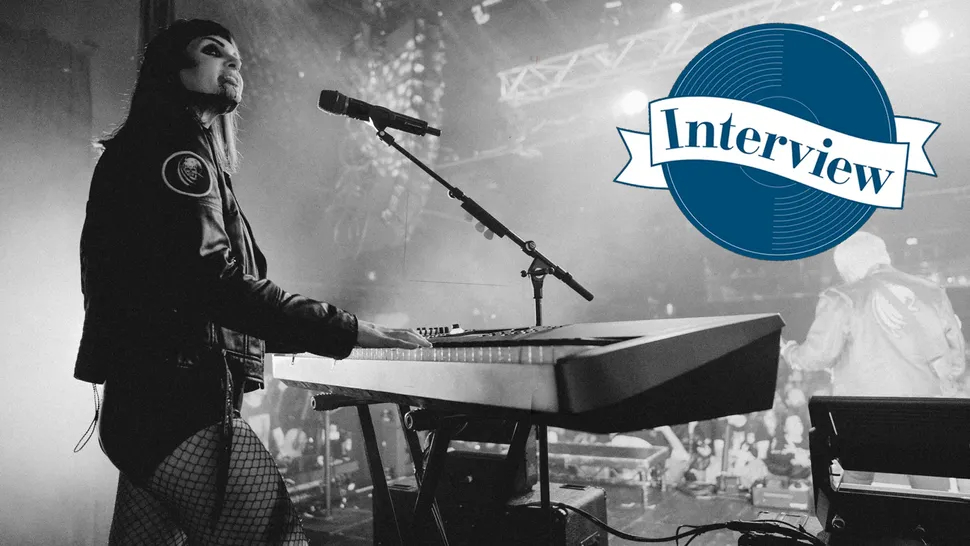
Creeper keyboardist and vocalist Hannah Greenwood interview: "I'm the kind of person that, If I can't get it the first time, I get really frustrated, but I'm learning to be more patient"
Years pass, and you’re yet to play a single piece of music that you actually enjoy. I’m not knocking teachers here, the vast majority are very good. Unfortunately, you made the mistake of choosing the wrong one, a teacher who doesn’t gel with your ambitions as a player.
Before searching for a teacher, think about what it is that you are trying to achieve. What are your musical tastes? What genre of music would you love to learn – classical, pop, jazz, blues? Do you want to sit formal exams?
It’s not a given that a piano teacher specialising in classical music will greatly help with jazz or synth programming. So, do your research carefully, choose a teacher who can guide you through the genres you really want to learn. Many teachers will offer a discounted or free introductory lesson where you can both get to size one another up. You’re both going to be in this for the long haul, so use this opportunity to choose wisely. If you’re uncomfortable, move on.

4. Taking formal one-to-one lessons
OK, hold on a minute, I’m not suggesting that one-to-one lessons are a bad thing. For most of us, they’re the very best way to learn. But they’re not for everyone. Not all of us can afford to pay around $50/£30 per hour every week or two for a dedicated teacher. That’s not to say that we’re being ripped off. In fact, I believe that most piano teachers offer incredible value. It’s just that not all of us can stretch to that kind of investment.
Regular one-to-one lessons also demand committing to a schedule, as well as travel to and from, which can be expensive and time-consuming.
The solution? Well, a good alternative is to use an online piano lesson site or mobile app such as Pianote, Yousician and Simply Piano. These apps let you learn when you want, where you want and cost a fraction of one-to-one lessons, usually in the region of $100/£80 per year.
Brands such as Roland, Yamaha and Casio offer free tuition apps, which usually integrate via Bluetooth with some of their pricier instruments. Roland has Piano Partner and Piano Every Day, Casio has Music Space and Yamaha has, among others, Smart Pianist, Piano Diary and My Music Recorder.
5. Believing exams are mandatory
Few of us enjoy taking exams, but many appreciate the sense of accomplishment that comes with gaining a qualification. Some of us, however, would rather have our eyeballs boiled than undergo the pressure of having to sit some kind of formal test.
There are other ways. Most teachers will happily help you work through a curriculum set by boards, such as ABRSM and Trinity in the UK, without putting you forward for any of the grade exams. They’ll move you up through the grade material as and when they feel you’re ready to progress. Grading works slightly differently worldwide, but the principle is the same.
Alternatively, the online tuition sites mentioned above provide well-organised, exam-free learning pathways, often gamified to make practice more fun.
There is a caveat. If your ambition is to have a career in the music industry, qualifications aren’t necessarily a must, but they are desirable. So, think carefully before turning your back on them completely.
6. Failing to complete quality practice
Unfortunately, goofing around isn’t going to make you a great keyboard player. Neither is aimlessly repeating a piece you’re already comfortable with. Instead, you need to practice with purpose. Have a plan, remember to implement that plan – it’s so easy to become sidetracked – and keep moving forward. If you have a teacher or rely on an app, then great, it’s up to them to organise a plan for you.
But, if you’re all on your own, then at the very least, try to bring some structure to your practice. Try tackling one thing at a time, whether that be rhythm, scales, chords, melody, harmony, accuracy, right-hand skills, left-hand skills, dynamics or any other part of the musical conundrum. Remember to slow down, too, so that you can explore the finer details of keyboard technique.
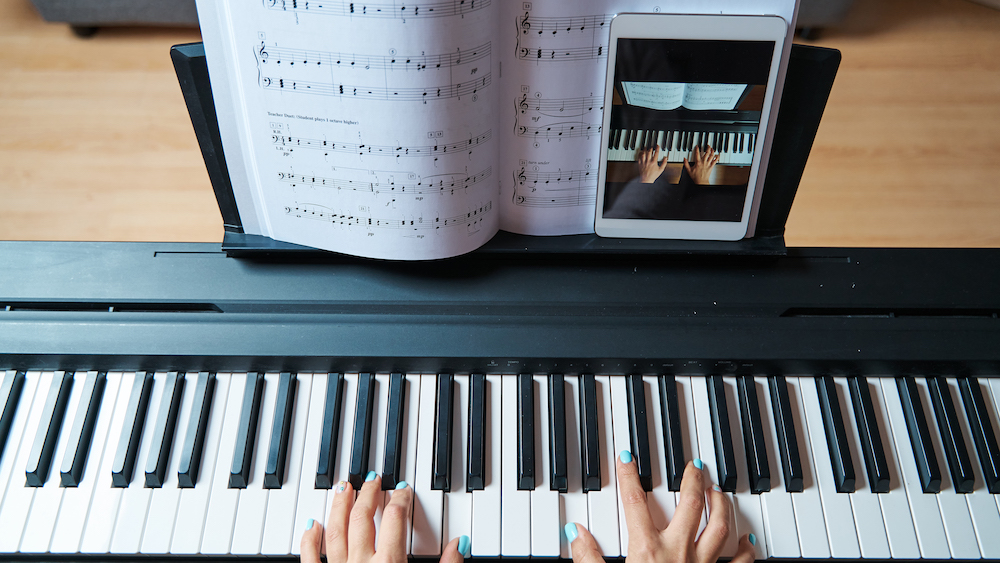
7. Forgetting that playfulness can be better than play
OK, perhaps some goofing around is going to help you become a great keyboard player. Try building some playfulness into your practice by freely exploring what your keyboard has to offer. There are no rules, just experiment with different notes, different dynamics, and different tones. Yep, goof around for a bit and see where it takes you.
Why? There are a multitude of reasons, but essentially, playfulness is an essential component of learning, just watch any child, kitten or puppy at play. Experimenting during play is motivational, and it’s excellent groundwork for both ear training and improvisation. Significantly, it’s remarkable how seemingly impenetrable chunks of music theory suddenly make sense through play. If you’re looking for a ‘Eureka!’ moment, get playful.
8. Thinking music theory is just for nerds
I remember reading some guidance notes to a composition I’d always dreamed of playing when I first started learning. I knew the piece was well beyond my skill level but was shocked to find the guidance unfathomable. It was like a foreign language to me. Initially, I found this demotivating crushing.
Then, I realised that music theory really is another language. Moreover, like any language, it reveals its meaning over time. It may not seem like it at first, but learning music theory unlocks many creative opportunities that would take eons to realise through trial and error alone. The secret is to take your time, starting with the basics and only diving deeper as your playing progresses. In this way, the pieces you learn will provide context, without which music theory remains just an elaborate puzzle.
9. Gassing for more gear
GAS afflicts many musicians, otherwise known as Gear Acquisition Syndrome. It’s characterised by an uncontrollable desire to get your hands on the very latest, shiniest bit of kit, usually gear that’s a step up or two in price from the keyboard you already own. Tellingly, it is stated immediately the courier hands the cardboard carton across the threshold of your home, freeing your ego to fixate on the next piece of expensive ‘must have’ gear.
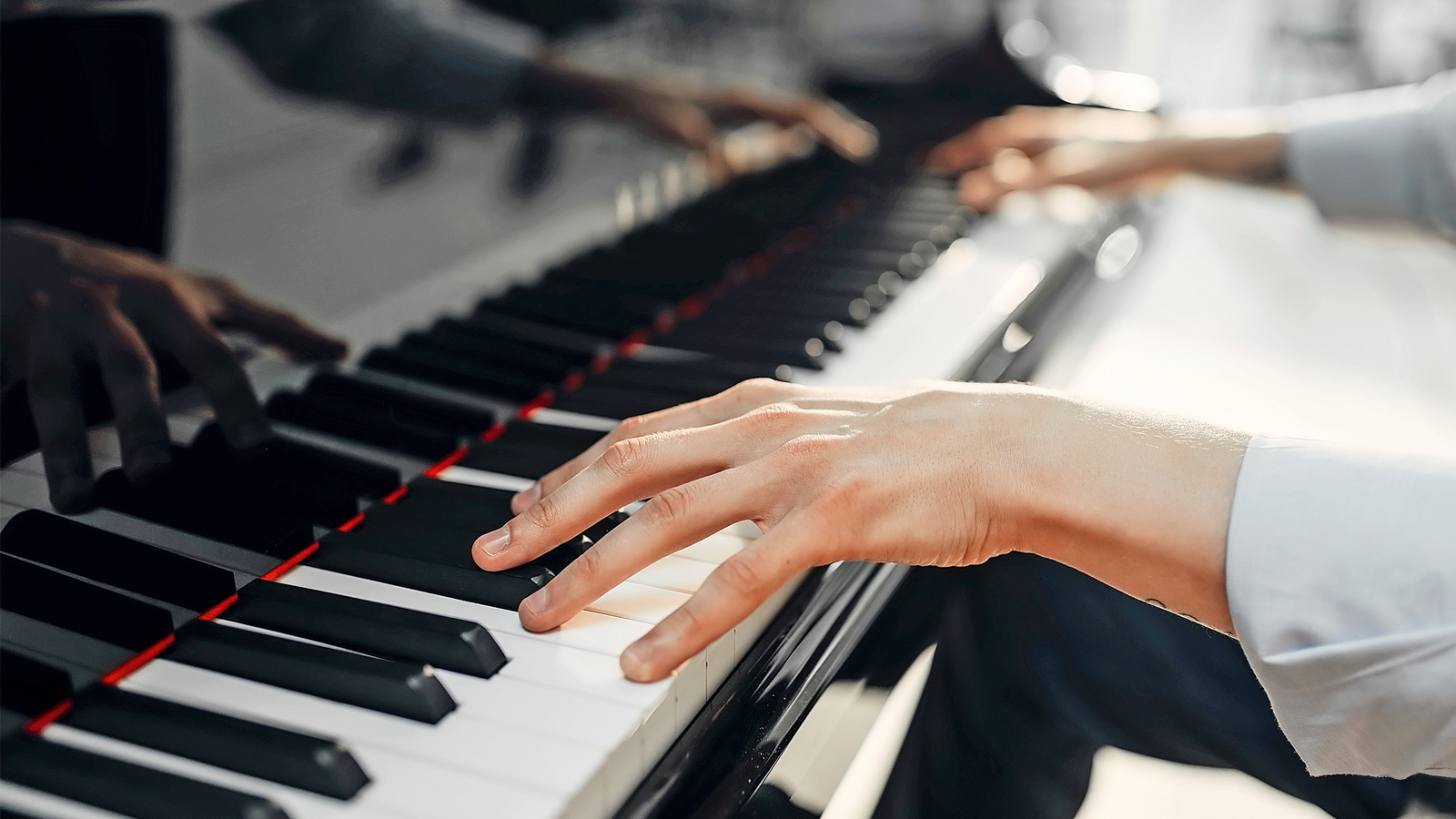
Digital piano vs keyboard: what's the difference?
I suffer badly from GAS, so I’ve spent years trying to find ways to relieve it, a journey that eventually led me to a psychologist. She told me that people who suffer from GAS are usually trying to satisfy themselves that they are progressing in whatever goal it is that they want to achieve, in this case, playing keys. The most productive way of progressing is to put the work into practice. The least productive way of progressing while still tricking your ego into believing that you are fully invested is to buy some new gear. That’s because you’ve already convinced yourself that having new gear will improve your playing.
Of course, the fact is only hard work will make you a better musician. You don’t need 1056 different piano tones, a preset that sounds a bit like a wonky helicopter or an otherworldly effect that you’ll tire of in just 10 minutes.
There are two caveats. If an upgrade is going to bring you a better-grade keybed or increase the number of octaves you can play, then it’s probably worth a shot.
10. Having poor technique
What separates a newbie player from a pro? It’s mostly technique, the primary morsels being timing and dynamics. Most beginner and intermediate players are simply appalling at playing in time, which is hardly surprising because it’s a difficult skill to nail. Playing with a metronome really helps. However, it’s not very inspiring, is it? Instead, if you have a DAW or drum machine, try playing to some proper percussion, some real beats.
Learning how to decipher notation will also work wonders for your timing. In fact, apps, such as Simply Piano, that feature gamified, animated notation, are brilliant for improving timing skills.
Playing dynamics is the phrase that’s used to describe the variation in loudness between different notes or even complete passages of music. So, rather than hitting all of the keys all of the time with the same amount of force, we intersperse louder and softer phrases as the piece requires – often as instructed in the notation. This is an expressive technique that enables the player to convey emotion, perhaps bringing a delicate, nuanced sensitivity to one passage and impressive power to the next. Playing without dynamics sounds monotonous, so practice, practice, practice!
We know learning the keyboard is daunting. Luckily, our buyer's guides will help you navigate the confusing world of beginner keyboards
- Dive in with the best keyboards for beginners and kids
- 8 great beginner piano songs to learn
- Watch your lessons with the best iPads for musicians
- Get started with the essential piano accessories
- The best Yamaha keyboards for your home
- Sit comfortably with one of the best piano benches
When Simon's childhood classical guitar teacher boasted he 'enjoyed a challenge', the poor man had no idea how much he'd underestimated the scale of the task ahead. Despite Simon's lack of talent, the experience did spark a lifelong passion for music. His classical guitar was discarded for an electric, then a room full of electrics before Simon discovered the joys of keys. Against all odds, Simon somehow managed to blag a career as a fashion journalist, but he's now more suitably employed writing for MusicRadar and Guitar World. When not writing or playing, he can be found terrifying himself on his mountain bike.
"Despite its size, it delivers impressive audio quality and premium functions as well as featuring a good selection of inspired sounds": Roland GO:Piano 88PX review
MusicRadar deals of the week: Enjoy a mind-blowing $600 off a full-fat Gibson Les Paul, £500 off Kirk Hammett's Epiphone Greeny, and so much more
